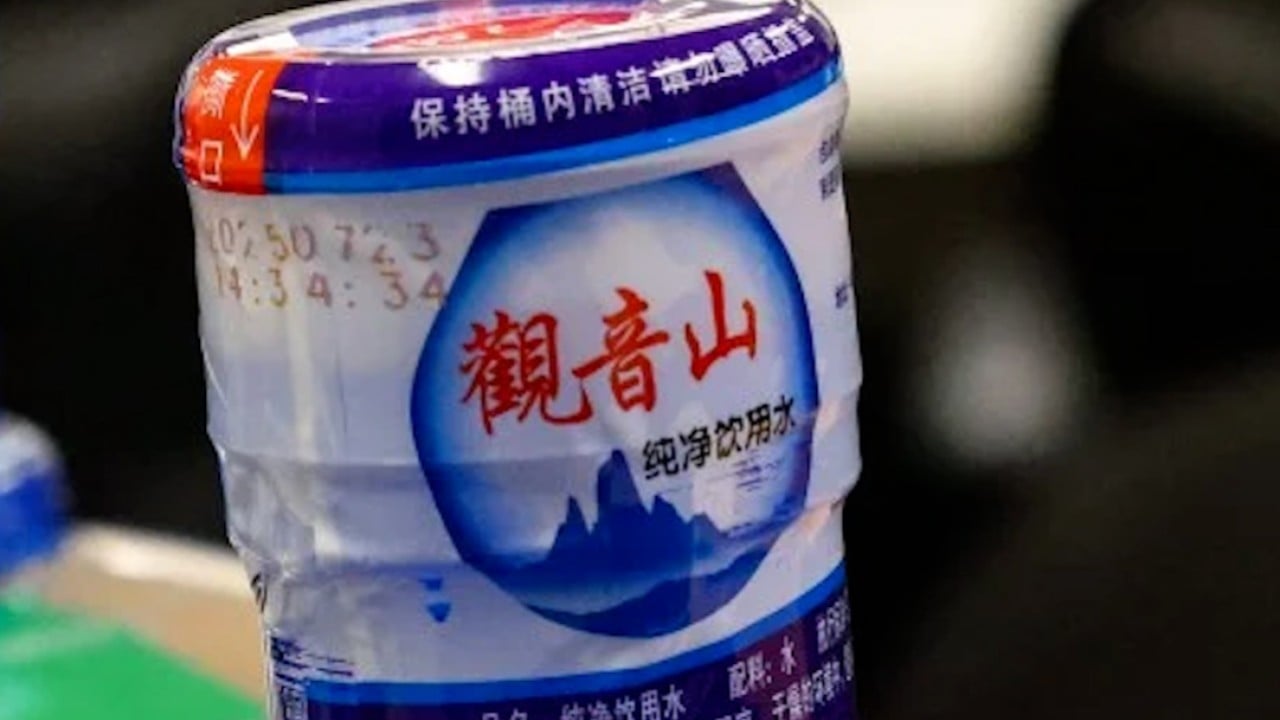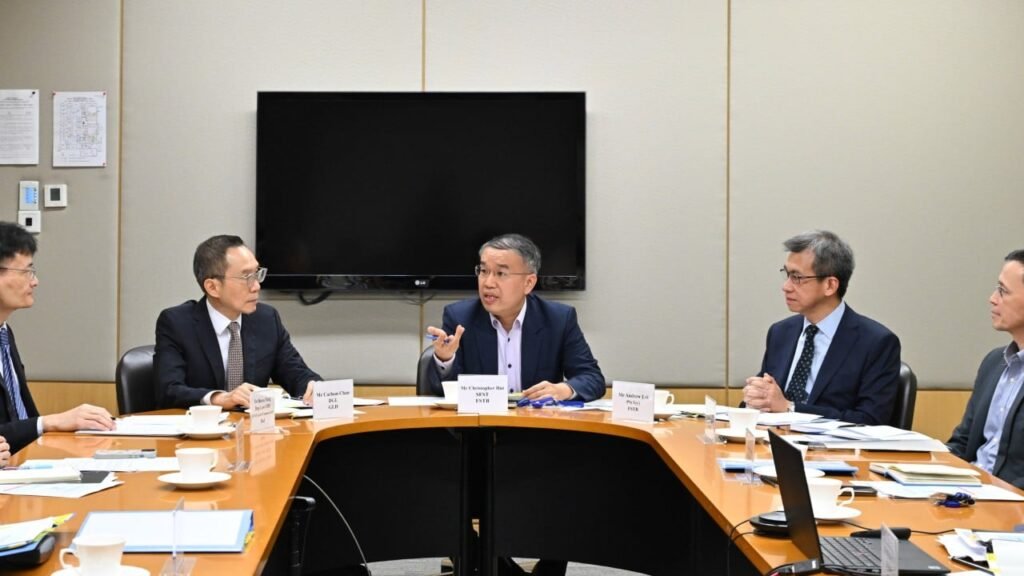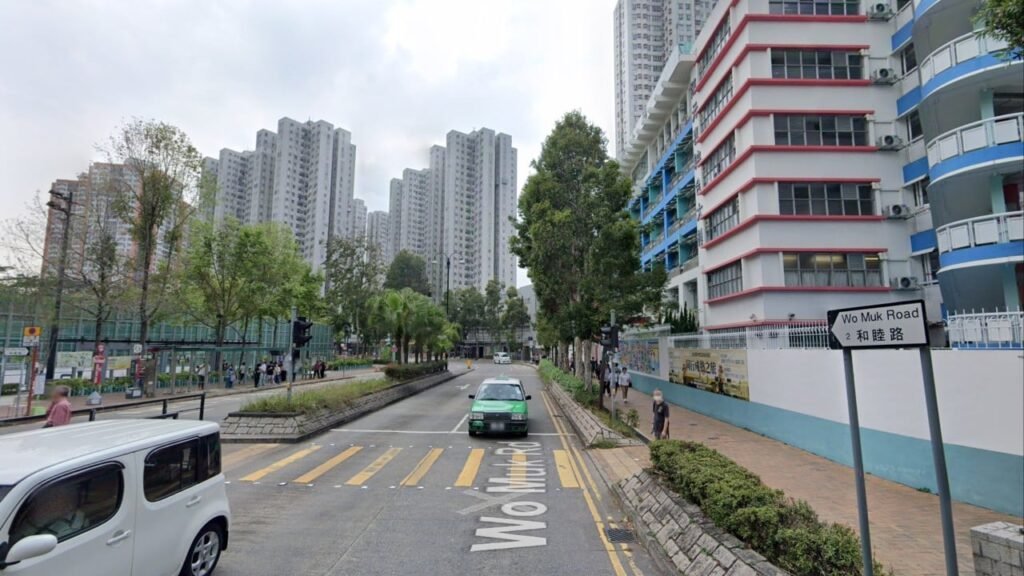Procedures are created as safeguards to help officials ensure fairness and avoid accusations of bias. But over time, a reliance on procedures might foster an environment where strict adherence to rules feels safer than exercising judgment.
If asked to buy water for their families, few officials are likely to opt for the cheapest, most obscure brand; they are likely to give much weight to quality and reliability. But in government procurement, the responsibility often feels less direct as it is shared across multiple approval stages. The link between individual decision-making and outcomes becomes weaker, along with the motivation to remain vigilant.
This tendency also influences broader practices. The long-standing “lowest price wins” convention, when applied across government and subsidised organisations alike, promotes minimal scrutiny. Officials might hesitate to reject the cheapest bid without clear justification, even when common sense advises caution. In highly competitive markets, some companies may submit unrealistically low bids, which can result in corners being cut. Hong Kong has faced similar problems, notably in public housing.

01:59
Contract ‘partially terminated’ for mainland supplier of Hong Kong civil service water
Contract ‘partially terminated’ for mainland supplier of Hong Kong civil service water








